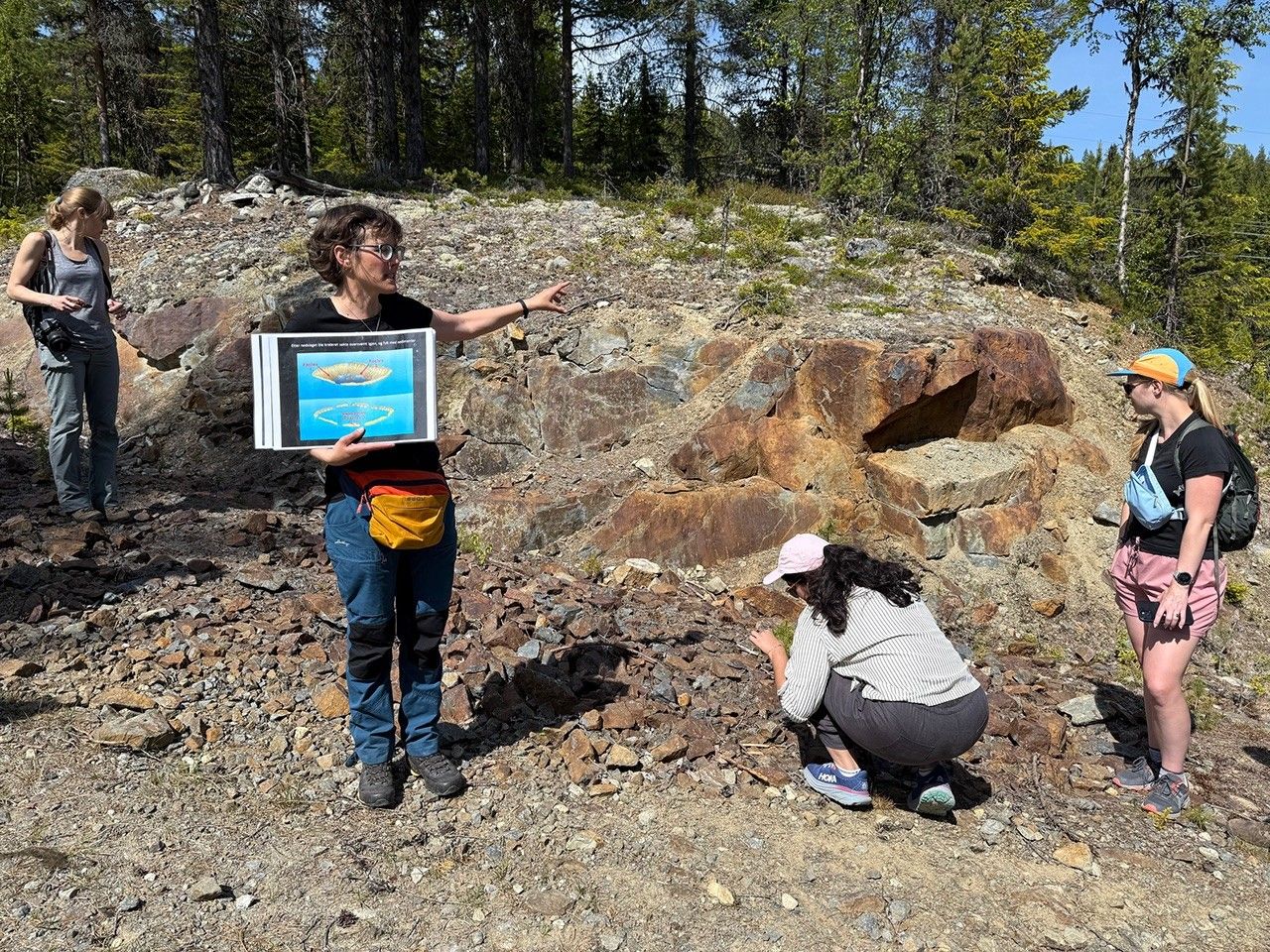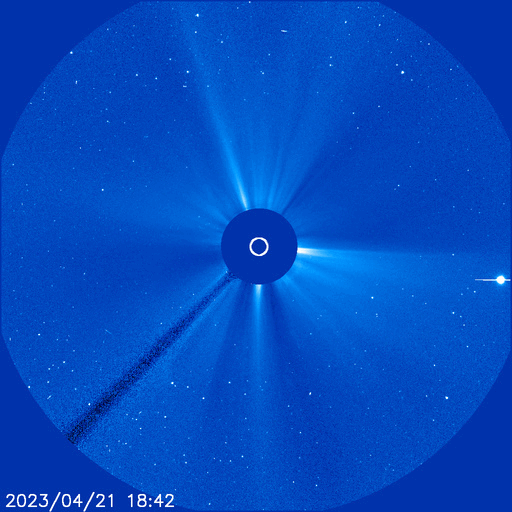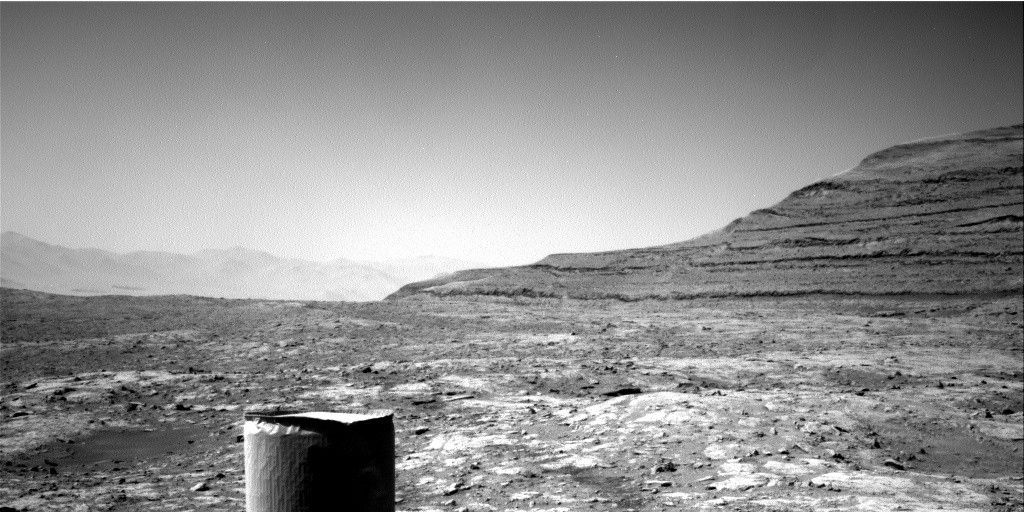Mars 2020 Mission Team Members
Jul 01, 2025
A behind-the-scenes look at the annual Mars 2020 Science Team Meeting
Written by Katie Stack Morgan, Mars 2020 Acting Project Scientist
The Mars 2020 Science Team gathered for a week in June to discuss recent science results, synthesize earlier mission observations, and discuss future plans for continued exploration of Jezero’s crater rim. It was also an opportunity to celebrate what makes this mission so special: one of the most capable and sophisticated science missions ever sent to Mars, an experienced and expert Science Team, and the rover’s many science accomplishments this past year.
We kicked off the meeting, which was hosted by our colleagues on the RIMFAX team at the University of Oslo, with a focus on our most recent discoveries on the Jezero crater rim. A highlight was the team’s in-depth discussion of spherules observed at Witch Hazel Hill, features which likely provide us the best chance of determining the origin of the crater rim rock sequence.
On the second day, we heard status updates from each of the science instrument teams. We then transitioned to a session devoted to “traverse-scale” syntheses. After 4.5 years of Perseverance on Mars and more than 37 kilometers of driving (more than 23 miles), we’re now able to analyze and integrate science datasets across the entire surface mission, looking for trends through space and time within the Jezero rock record. Our team also held a poster session, which was a great opportunity for in-person and informal scientific discussion.
The team’s modern atmospheric and environmental investigations were front and center on Day 3. We then rewound the clock, hearing new and updated analyses of data acquired during Perseverance’s earlier campaigns in Jezero’s Margin unit, crater floor, and western fan. The last day of the meeting was focused entirely on future plans for the Perseverance rover, including a discussion of our exploration and sampling strategy during the Crater Rim Campaign. We also looked further afield, considering where the rover might explore over the next few years.
Following the meeting, the Science Team took a one-day field trip to visit Gardnos crater, a heavily eroded impact crater with excellent examples of impact melt breccia and post-impact sediment fill. The team’s visit to Gardnos offered a unique opportunity to see and study impact-generated rock units like those expected on the Jezero crater rim and to discuss the challenges we have recognizing similar units with the rover on Mars. Recapping our Perseverance team meetings has been one of my favorite yearly traditions (see summaries from our 2022, 2023, and 2024 meetings) and I look forward to reporting back a year from now. As the Perseverance team tackles challenges in the year to come, we can seek inspiration from one of Norway’s greatest polar explorers, Fridtjof Nansen, who said while delivering his Nobel lecture, “The difficult is that which can be done at once; the impossible is that which takes a little longer.”
Share
Details
Explore More
Keep Exploring





















